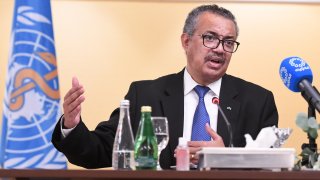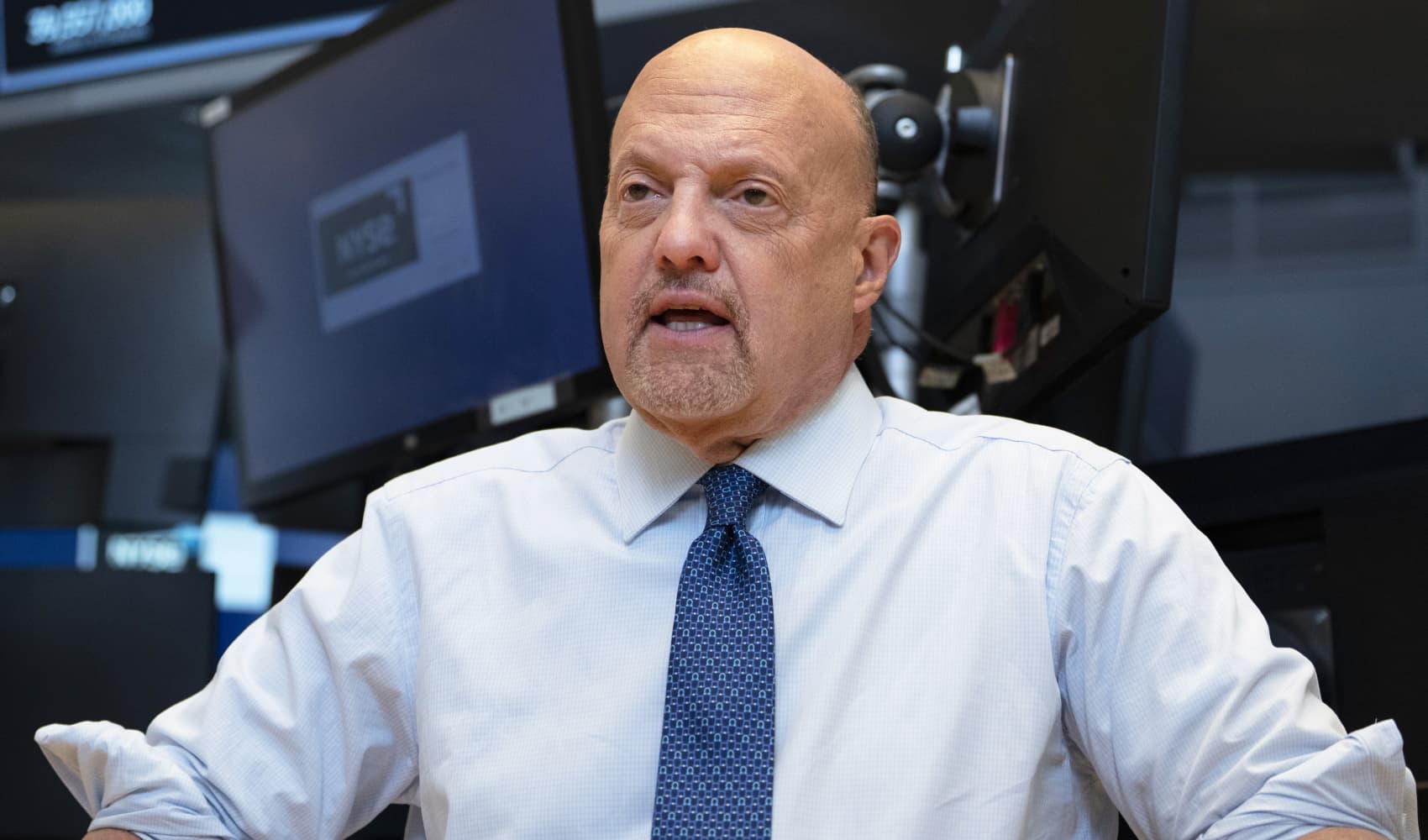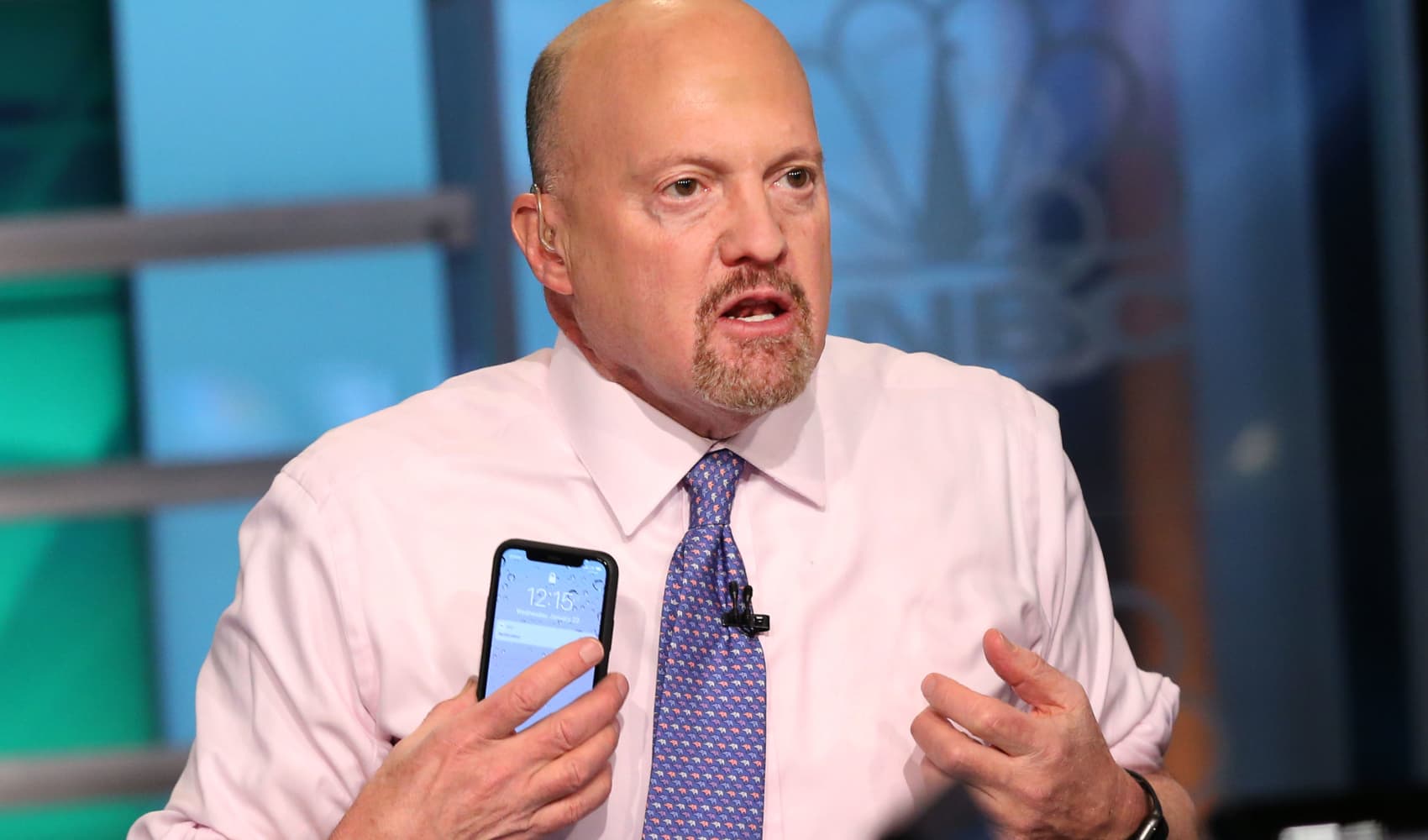
- The World Health Organization says it urgently needs $7.7 billion to help run its Access to Covid-19 Tools Accelerator, which delivers critical medical supplies across the globe to combat coronavirus.
- The amount would partially cover a $16.8 billion shortfall that impedes the WHO's ability to fight the pandemic in developing nations that have little or no access to vaccines.
- WHO officials have set a goal of vaccinating at least 10% of the global population by the end of September, at least 40% by the end of this year and 70% by the middle of next year.
The World Health Organization is calling for $7.7 billion that officials say is urgently needed to help low-income countries survive the delta Covid variant by providing vaccines, oxygen and medical care.
The funding will go toward WHO's Access to Covid-19 Tools, or ACT, Accelerator program, which delivers critical medical supplies across the globe to combat the coronavirus, Dr. Bruce Aylward, senior advisor to WHO's director-general, said at a Q&A with WHO officials livestreamed Tuesday on its social media accounts.
Aylward said the funds are needed to partially cover a $16.8 billion shortfall that impedes the WHO's ability to fight the pandemic in developing nations that have little or no access to vaccines.
Get Southern California news, weather forecasts and entertainment stories to your inbox. Sign up for NBC LA newsletters.
"Besides the moral issue — people should not die if the technology is available somewhere else, you know, the technology should help humanity as a whole — there's also the issue that we can't sort out this pandemic one country at a time," said Dr. Mariangela Simao, the WHO's assistant director-general for access to medicines, vaccines and pharmaceuticals.
"That's the reality," she continued. "We need to help countries move more together. Otherwise, we're going to live with this virus much longer than we need to."
WHO officials have set a goal of vaccinating at least 10% of the global population by the end of September, at least 40% by the end of this year and 70% by the middle of next year. Some nations across the world have yet to start their vaccination campaigns, while wealthier countries such as the U.S. and Israel have already fully vaccinated more than half of their populations.
Money Report
Aylward said people in poorer nations who have a fever or other symptoms don't have the testing supplies to know whether it's from Covid or other diseases, such as malaria, tuberculosis, pneumonia or HIV. In addition to providing vaccine doses, Aylward said, the funding will also cover Covid testing, oxygen treatments and masks.
Wealthy nations have spent trillions of dollars mitigating the impact of the pandemic, he said. "Your economy is telling you you have to vaccinate the world, and of course we didn't listen," he said.
The WHO previously said that it urgently needed $7.7 billion to run the ACT Accelerator, requesting an additional $3.8 billion at that time to purchase 760 million Covid vaccine doses for delivery next year, Reuters reported.
"This is the defining moment of our time," Aylward said. "At some point, we will look back and that's going to be the question: In these defining moments, how did you act?"






